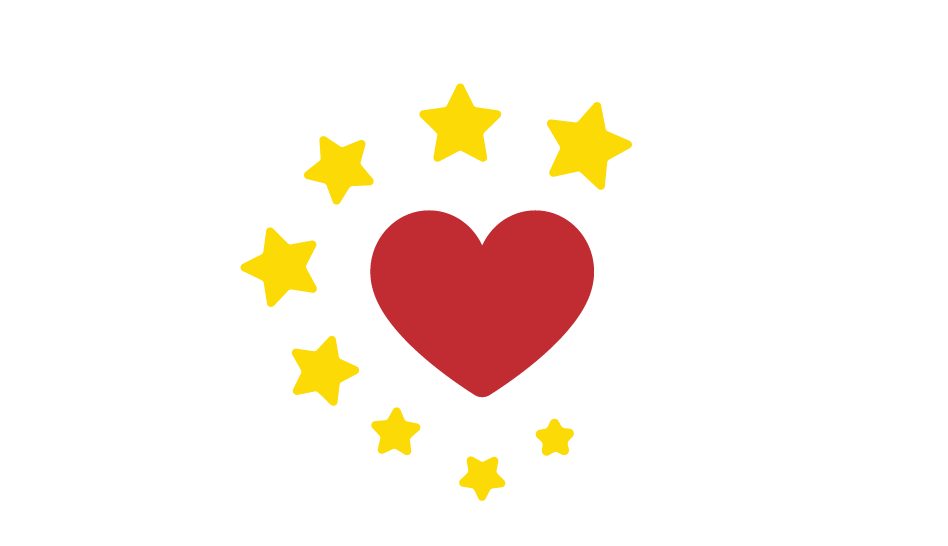The New World Order Calls for a Federal Europe
For some, federalism may still sound like a distant utopia. But if we hesitate to reform, we pay the price in uncertainty and weakness. If Europe stands still, we end up as a pawn in the great powers’ game.
Opinion piece by Asmus Vilster, President of European Youth Denmark
Europe stands at a crossroads. A world in upheaval is knocking at our door: Climate change is eroding our coasts, global powers are playing chess with the world economy, and a war in Ukraine has shaken Europe’s self-image as a bastion of peace. These challenges can no longer be met with patchwork solutions — they demand a fundamental change of course. The question is whether we dare to take the leap toward a new federalism.
The history of the EU shows what cooperation can achieve. During the pandemic, the EU secured vaccines for all member states. When war hit Ukraine, the EU united behind its largest aid package ever and led the way in imposing sanctions on Russia.
Yet why does it still feel as though we’re barely keeping our heads above water? Because we’re constantly groping for solutions within a system ill-equipped for the 21st century. We have the right tools in our hands, but we hesitate to use them. It’s time to take the next step: from a cooperative Europe to a federal Europe.
Common Laws Foster Peace
Immanuel Kant was ahead of his time. In Perpetual Peace (1795), he outlined a path to lasting peace—not through naive pacifism or a militaristic balance of power, but by way of a legally binding union of free states—a “Föderation freier Staaten.” A voluntary collaboration founded on common laws and mutual respect, one that could prevent aggression and establish a stable foundation for peace.
Kant was a realist; he recognized that humanity’s drive for power often leads to conflict. That’s why he insisted that states can only rise above self-interest by submitting to shared laws. “Right must never yield to might,” he wrote. Federalism is not a sign of weakness but rather a higher form of civilization in which rational cooperation replaces the anarchy of war.
Today, the EU is a pragmatic manifestation of Kant’s ideals, but the question is whether we’re content with half-measures. Kant reminded us that peace and stability demand the courage to sacrifice short-term gains for long-term survival. That is the challenge we face today: Should we build on Kant’s foundation or stick to stopgap solutions that merely push problems down the road?
Major Challenges Must Be Addressed Collectively
What does federalism mean in practice? Critics often portray it as a loss of national sovereignty—a centralized superstate dictating everything from school policy to farm subsidies from some remote office in Brussels. But that is a caricature. Federalism is about placing decisions at the right level: local issues are resolved locally, national matters remain national, while issues that transcend borders—such as defense, economic stability, and the climate crisis—are handled together.
Consider European defense: Europeans are among the highest spenders on military budgets, but our lack of coordination weakens us. With a common defense, we could achieve more at lower cost—but that requires the courage to reform. Federalism is not an idealistic experiment but a rational solution to the structural problems that leave us vulnerable.
Federalism does not mean diminished distinctiveness—on the contrary. Think of Europe as a mosaic: each tile has its own color, shape, and history, yet they form a cohesive structure that’s strong precisely because of the shared mortar holding it together. Federalism is not about smoothing out differences or crushing individual pieces; it’s about creating a framework that unites and protects the whole. Denmark remains Denmark, Italy remains Italy, but together we can create a whole that is stronger than the sum of its parts.
A Federal Europe Stands Stronger in an Uncertain World
For some, federalism may still sound like a distant utopia. But fear of change must not paralyze us. The alternative to a new federalism is not the status quo—it is stagnation. When we fail to act, we allow problems to grow. When we hesitate to reform, we pay the price in uncertainty and weakness.
The world is moving forward at breakneck speed. Global powers are preparing for a new era in which geopolitics and economic power play decisive roles. If Europe stands still, we become no more than a piece in their game. A federal Europe, therefore, is not an attack on national peculiarities but a guarantee that they can survive. Federalism is not about giving up our freedom, but about protecting it in a harsh and unpredictable world.
This is not a dream for idealists. It is a necessity for realists.


